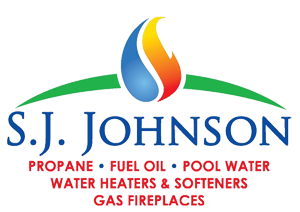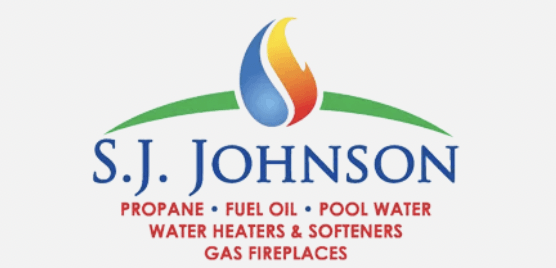WHAT’S IN YOUR WATER? From A Southern MD Water Softener Installer, SJ Johnson Company.
Common contaminants in both well and city water could be affecting the health and safety of your family.
How to test home water quality in Southern MD
Water is essential for life. Generally speaking, a human can go without food for about three weeks, but typically would perish without water after just three to four days.
When people consume water, they are doing so with the assumption or hope that the water is clean and free from harmful contaminants. Even though municipal water systems filter and test water supplies, the company EcoWater Systems® says some of the most common tap water contaminants they encounter actually enter water sources after they have been tested at treatment facilities. Drinking water may contain small amounts of contaminants that are not unsafe to consume at certain levels. However, at higher levels, these same substances can be problematic.
Contaminants can include hydrogen sulfide, raised acidic levels, arsenic, lead, nitrates, and microbiologicals, which include viruses, protozoan and parasites. Homeowners can take proactive approaches to test their water to determine if it contains potentially harmful levels of contaminants. This is especially crucial for those who rely on residential well water, which is not subject to the same testing as municipal systems.
Anyone who knows there may be a problem with the ground water or drinking water in their area or who notices a change in water odor, color and taste can request more information.
One place to start is with a Consumer Confidence Report. Most people on municipal water should receive an annual water quality report called a CCR, or Consumer Confidence Report, states Consumer Reports. People who rent or didn’t receive one can contact their local water supplier or their landlords.
Testing can be initiated by contacting one’s local health department, which may provide free private well or drinking water testing, advises the Environmental Protection Agency. Homeowners also can reach out to a state-certified laboratory to test drinking water. These organizations can provide the most accurate results. Call the Safe Drinking Water Hotline at 800-426-4791.
People also can buy test kits from their local home centers or online. These tests come with a package of strips that contain reactants that change color to indicate the presence of various contaminants in the water. Keep in mind that quality control may vary, and that tests can give false readings.
Testing drinking water can alert to potential problems and compel homeowners to take action regarding contaminated water.
Your water may be safe to drink but may still taste bad of have a funny smell. Call us to determine which water softener system is needed in your home.



